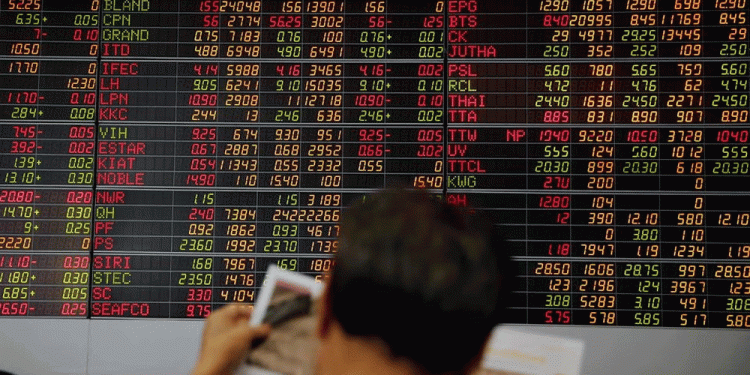BEIJING (Reuters) – China’s finance ministry has ordered an overhaul of its existing public-private partnership (PPP) projects and tightened approval rules for new ones, as Beijing has grown increasingly concerned about rising hidden debt risks from potential abuses of the program.
In recent years, the government has tightened controls on new local government debt to help ward off risks following a borrowing binge since the global financial crisis.
Instead, Beijing has heavily promoted the PPP model since 2014, which channels private money into public infrastructure projects, to keep capital investment growing while easing the burden on heavily-indebted local governments.
The value of China’s 14,220 existing PPP projects totaled 17.8 trillion yuan ($2.69 trillion) by end-September, according to a national database managed by the finance ministry.
But the aggressive PPP boom has started to alarm authorities who say some local governments are using public-private partnerships, government investment funds and government procurement services as “disguised channels” for raising debt.
All provincial finance bureaus should weed out “unqualified” PPP projects by March 2018, the finance ministry said in a notice posted on its website on Thursday.
The criteria for such projects includes failure to conduct return-on-investment evaluation and fiscal stress test, poor project progress and information transparency, exceeding fiscal spending upperlimit, and making illegal debt guarantees.
The ministry also tightened rules on approving new PPP projects, specifying that non-public services projects, such as commercial real estate development projects, are ineligible.
China has hit the brakes on subway projects in at least three cities, where the PPP model is widely used, and Beijing is asking others to slow their plans, local governments and media have reported, indicating concerns over high debt.
Authorities in Inner Mongolia’s Hohhot and Baotou cities have scrapped approved PPP projects worth billions of dollars in recent months due to concerns over finances, financial magazine Caixin, citing unnamed sources close to the matter, reported this week.
Fusion Media or anyone involved with Fusion Media will not accept any liability for loss or damage as a result of reliance on the information including data, quotes, charts and buy/sell signals contained within this website. Please be fully informed regarding the risks and costs associated with trading the financial markets, it is one of the riskiest investment forms possible.
Source: Investing.com

























